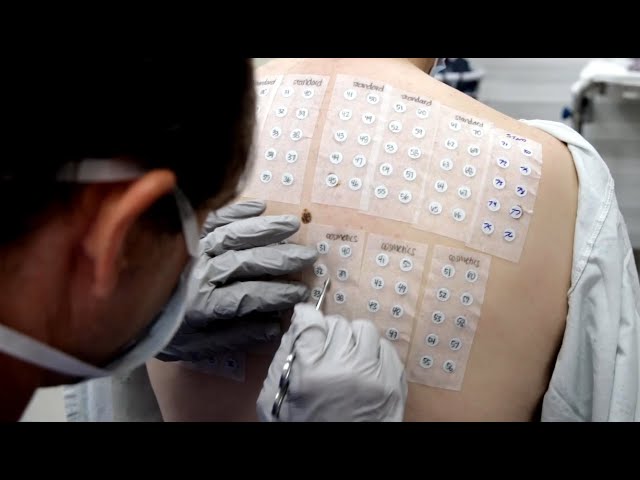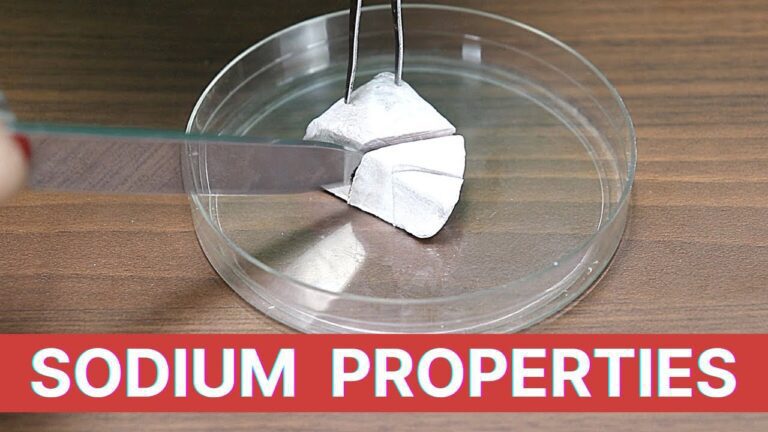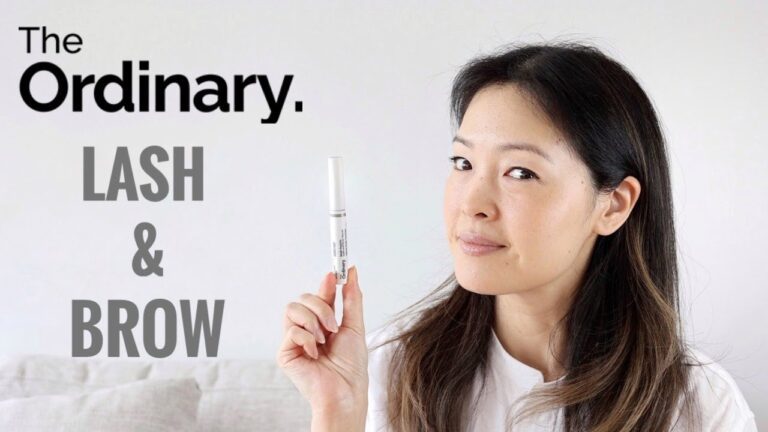Understanding the Basics of a Patch Test: What You Need to Know
Patch Test: Everything You Need to Know!
Have you ever had a bad reaction to a skincare or hair product? Maybe you experienced redness, itching, or even had blisters or hives. If you have, it is possible that you have an allergic reaction to a certain ingredient in the product. A patch test is a simple way to determine if your skin is allergic to an ingredient or not.
What is a Patch Test?
A patch test is a medical test used to determine allergies to various substances that may come in contact with the skin. It is a simple procedure that involves applying small patches containing different substances (such as cosmetic ingredients or chemicals) onto the skin. The patches are usually placed on the back, and they stay there for around two days. The patch test will help to identify whether an allergic reaction is occurring and to what substance.
Why Do I Need a Patch Test?
You may need a patch test to prevent an allergic reaction. Some people are allergic to specific ingredients or chemicals that are commonly found in skincare or haircare products, such as fragrances, preservatives, or emulsifiers. A patch test can help to identify these allergens so you can avoid them in the future. Additionally, if you experience irritation or discomfort after using new skincare or haircare products, a patch test may be helpful in identifying the source of the problem.
How Do I Prepare for a Patch Test?
Before you schedule a patch test, there are a few things you should keep in mind. Firstly, you should avoid shaving your back for at least two days before your appointment since it can irritate the skin. Also, you may need to avoid using your regular skincare or haircare products for a few days before the test. You should also let your doctor know if you are taking any medications or if you have any skin conditions that could affect the results of the test.
What Happens During a Patch Test?
The patch test is a simple procedure that typically takes around 30 minutes to complete. Your doctor will clean your back to remove any dirt or oil and then apply small patches containing various substances using hypoallergenic tape. The patches will remain on your skin for around two days, during which you can’t shower or sweat excessively to prevent them from falling off. After two days, you will return to your doctor’s office, and they will remove the patches and check for any signs of allergic reactions.
What Happens After a Patch Test?
Your doctor will examine the area where the patches were applied and look for any signs of allergic reaction, such as redness, swelling, or blisters. If an allergic reaction is present, your doctor will provide you with advice on how to treat it and how to avoid future exposure to that substance. If the test results are negative, don’t worry – you didn’t have an allergy to the substances tested. However, keep in mind that there is still a possibility you may react to certain ingredients, so it’s always best to remain cautious when trying out new products.
The Bottom line
A patch test is an easy, safe, and effective way of determining whether you have an allergy to specific ingredients or chemicals. It’s an essential step to take, especially if you have sensitive skin or have experienced allergic reactions in the past. Always discuss any concerns and skin issues with your dermatologist or physician to determine the best course of action.
- Important to note:
- If you have specific concerns or skin issues, you should always discuss them with a healthcare professional.
- Sensitive skin should be treated with caution, particularly when trying out new skincare or haircare products.
- A patch test is a way of determining if you have an allergy, but there is still a possibility of reacting to an ingredient that was not tested.
- Always read the ingredients list on skincare or haircare products to avoid substances to which you may be allergic.
Contents
Most searched products:
Does Sephora Support Israel? Answering Your Questions
The Ultimate Guide to Azealic Acid: Benefits, Uses, and Side Effects
How Long Does Glycolic Acid Take to Show Results: Your Ultimate Guide
Discover the Benefits of The Ordinary Botox for Your Skin
The Ultimate Reviews of The Ordinary Peeling Solution
The Ultimate Guide to The Ordinary Colours Foundation: Reviews, Swatches, and Tips
The Perfect Order: When to Use Retinol and Niacinamide in Your Skincare Routine
Unlock the Power of Hyaluronic: Benefits, Uses, and Top Products
Say Goodbye to B.O with Glycolic Acid Deodorant: The Secret to Long-Lasting Freshness
Unlock Smooth and Supple Skin: Discover the Best Skincare Products for Skin Suppleness













